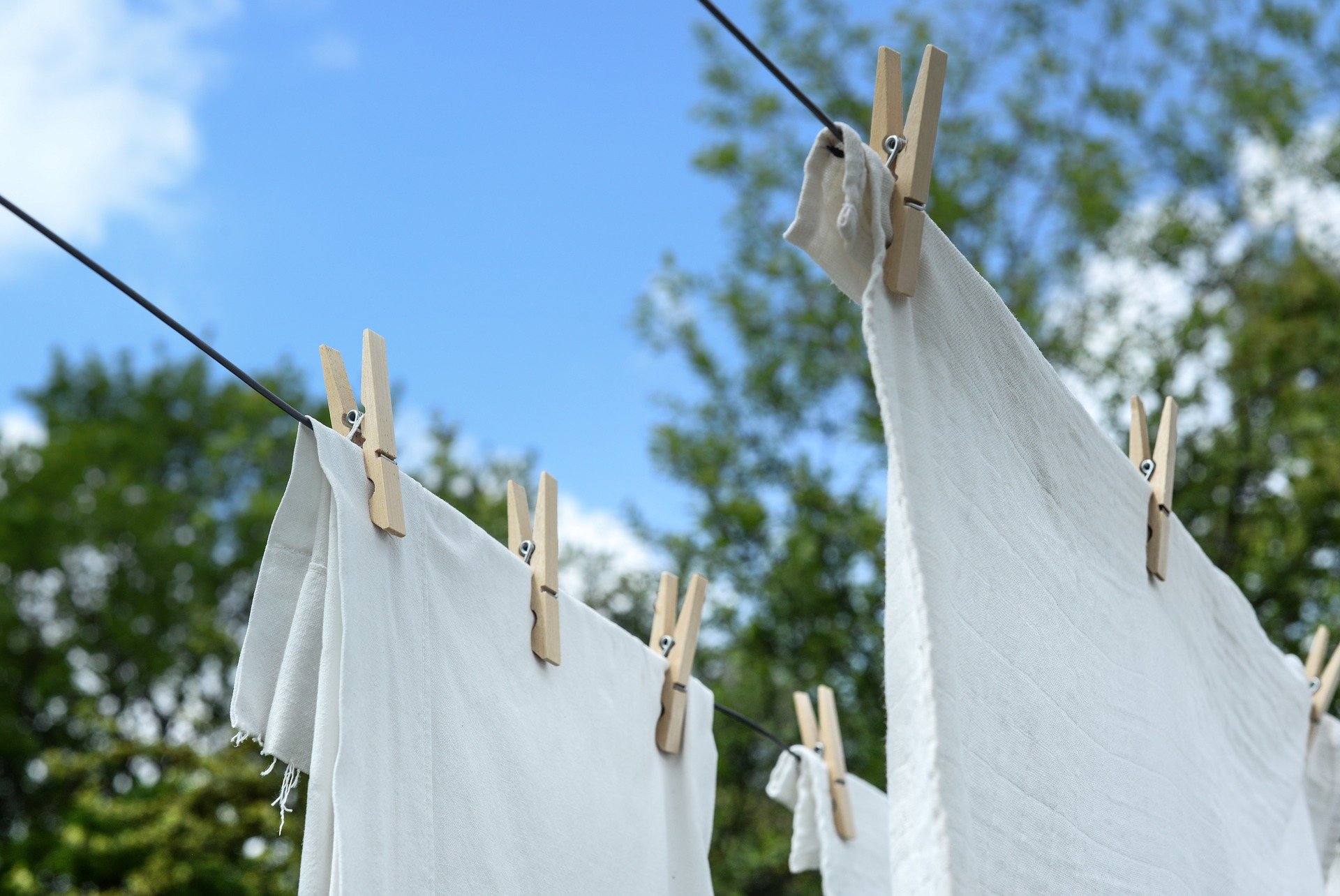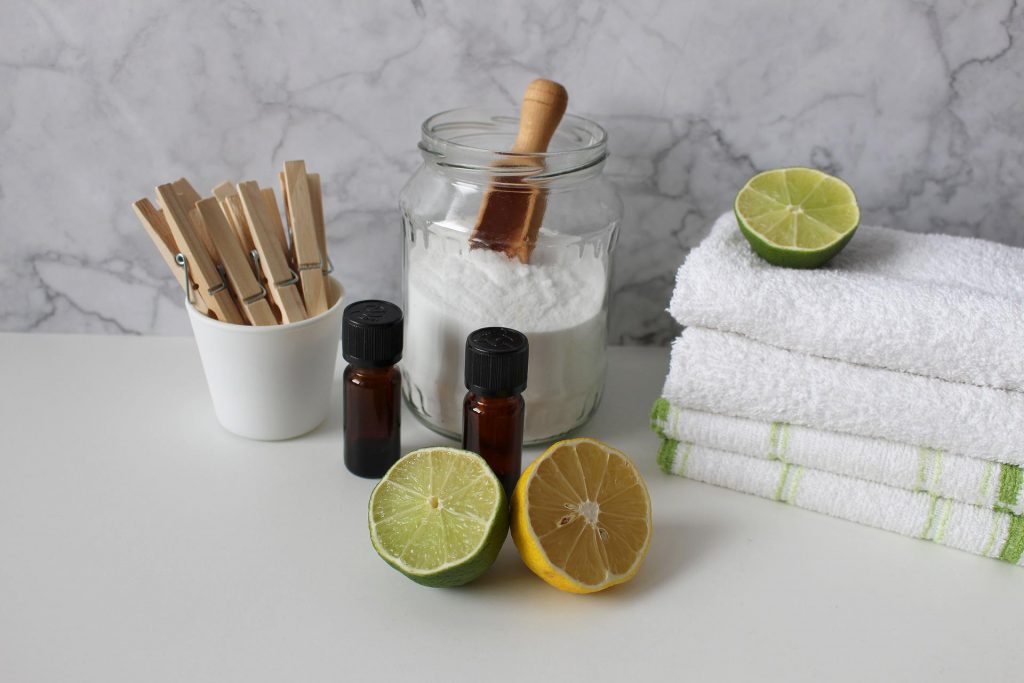
I am looking to reduce my family’s carbon footprint, but with an active family, we do a lot of laundry. How can I make my laundry routine more eco-friendly?
You are not alone in the ever-daunting full laundry basket. According to Treehugger, over 35 billion loads of laundry are done annually in North America, using approximately 1.4 ounces of detergent each time. That adds up to a lot of detergent and a lot of energy. But have no fear, there are ways to reduce your laundry footprint.
Rewear clothes
Are the clothes you’re throwing in the hamper actually dirty? I don’t mean your sweaty mountain bike jersey, but that shirt that you wore for a few hours with no sweat or stains can likely be worn again. Not only is rewearing clothing between washes good for the planet, it is also good for your clothes. Excessively washing clothing breaks down the fibers and ages clothes faster. According to the founders of Laundress, jeans can be worn 10 or so times before they need to be washed.
Choose your detergent wisely
There are numerous types of laundry detergent, most of which come with toxins, excessive plastic and water waste. A lot of common laundry detergents have toxins like parabens, phosphates and 1,4-dioxane that are not good for the planet or people. Those big, bulky jugs of detergent are actually 60% to 90% water. That’s a lot of unnecessary water being shipped around the country! Even the concentrated liquid detergents still contain 15% to 50% water. Although I see lots of them at our local recycling centers, only 30% of the 900 million laundry jugs are actually recycled. The rest end up in landfills or as litter, where they slowly break apart into microplastics.
So, what do you use instead of these jugs? My personal favorite are concentrated laundry detergent strips that come in cardboard packaging to eliminate plastic and excess water use. These also cut down on transportation emissions — 94% less transportation pollution than the jug alternative. Other solutions include laundry tablets and detergent pods that come in sustainable packaging and use less water than the jugs. Most brands that have formulated eco-friendly detergents are free of the major toxins that pollute our water and are unhealthy for our skin — a win for your health and the planet.

Cold water washing
It was once true that washing your laundry with hot water was the only way to get your clothes clean, however, washers have changed and so have our detergents. Washing on cold works just as well to activate the detergent and get your clothes clean. Not only is this better for your clothing and the planet, it’s better for your wallet. According to Energy Star, 90% of the energy needed to run your washer is heating the water. When you opt for cold water washing, you are cutting down that energy usage. But always make sure to load up your washer with full loads to reduce energy and water usage as well as reduce the amount of loads you have to do.
Drying efficiently and waste free
The best way to reduce your carbon footprint when doing laundry is to forgo the dryer and hang dry all of your clothes. This significantly reduces your energy use, elongates the life of your clothes and saves you money. However, if you are not able to hang dry your clothes, use the low heat setting for a longer dryer cycle to use less energy. To reduce your waste, swap out those dryer sheets for wool dryer balls. They reduce static and add softness like dryer sheets, but they are reusable and reduce the drying time by creating better air circulation during drying. If you miss the smell of your dryer sheets, add some essential oils to your dryer balls.
Washers and dryers
Another great way to reduce your carbon footprint is by choosing an Energy Star washer and dryer. According to Energy Star, their clothes washer uses about 25% less energy and 33% less water than regular washers. They are also designed to spin out more water, to allow clothes to dry with less heat and time needed. Energy Star dryers now incorporate sensors to detect when clothes are dry, which reduces energy use and wear and tear on your clothing from over drying.
